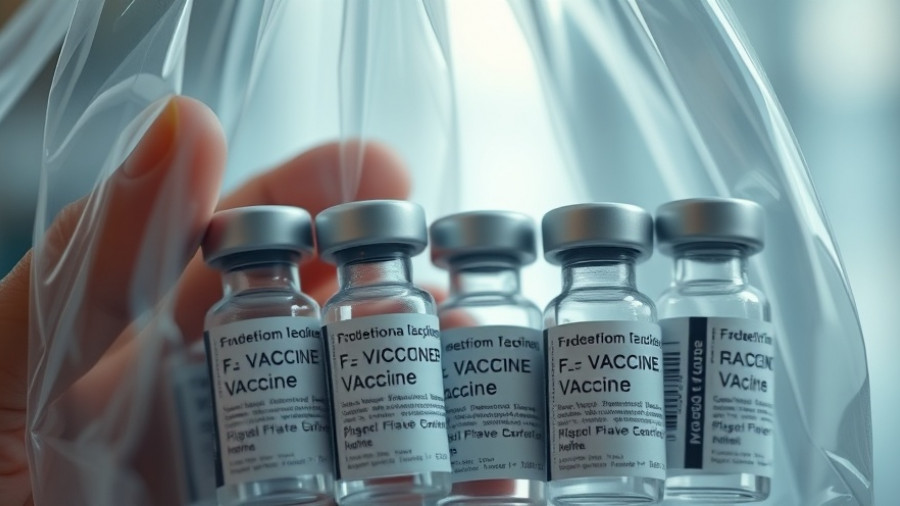
Latest Developments in Mpox Cases in California
In recent weeks, California has reported an uptick in mpox cases, raising concerns among public health officials and healthcare providers. While any increase in infectious disease cases will inevitably draw attention, experts indicate that the current risk of widespread transmission remains low.
The Current Situation: Understanding Mpox
Mpox, previously known as monkeypox, is a viral zoonotic disease that is marked by distinctive rashes and flu-like symptoms. As healthcare providers, understanding this disease is essential not only for diagnosis but also in approach to patient care and management. The California Department of Public Health emphasized that while the number of cases has increased, they are concentrated within specific populations, which aids in targeted interventions and screenings.
Why the Risk is Considered Low
Health officials point to multiple factors in their assessment of the low risk of broader community spread. Most notably, communities have become familiar with preventative measures due to the COVID-19 pandemic. Vaccination strategies and awareness programs have prepared many professionals to respond effectively.
Precautionary Measures: What Providers Need to Know
For healthcare providers, there are critical steps to be taken in order to manage the situation effectively:
- Increased Vigilance: Healthcare providers are encouraged to remain observant for signs and symptoms of mpox, particularly in populations that are at higher risk.
- Patient Education: Giving clear guidance to patients about symptoms, transmission, and vaccination options can facilitate quicker diagnoses and treatment.
- Utilize Telemedicine: Providers should leverage telehealth options to minimize exposure and enhance access for patients showing potential symptoms of infection.
Emotional Impact on Communities
Community health isn't just about clinical stats; it's also about emotional well-being. With the resurgence of mpox, many may feel a sense of uncertainty or anxiety. It’s vital for healthcare providers to assure patients that while vigilance is required, the systems in place are effective. Creating an open dialogue about fears and misconceptions can significantly reduce anxiety and promote mental health in communities.
Future Outlook: Preventing Further Spread
The key to preventing further spread lies within collective actions. Greater collaboration is necessary among healthcare providers, public health officials, and communities. The integration of public health education within routine practice can empower patients and healthcare providers alike. Knowledge transfer, combined with accessible care, can build resilience against outbreaks.
As mpox cases persist, California's healthcare system reflects a paradigm shift toward better preparedness, communication, and community engagement.
For healthcare professionals invested in disease management and community health, staying informed through the latest medical news is vital. Understanding clinical research updates, participating in continuing medical education opportunities, and enhancing provider education initiatives are essential steps to effectively tackle emerging health threats.
If you want to dig deeper into how you can enhance your practice in the face of emerging infectious diseases like mpox, consider attending local health seminars or webinars designed to keep you updated on critical developments. Professionals are encouraged to integrate findings from recent medical studies into their practice to optimize patient outcomes.
 Add Row
Add Row  Add
Add 




Write A Comment